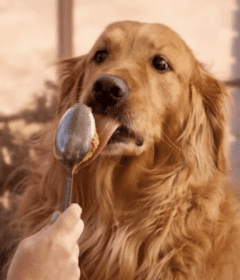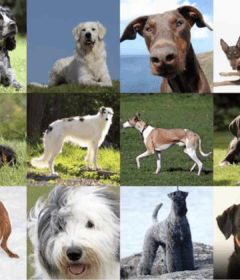Newfoundland Dogs & Puppies
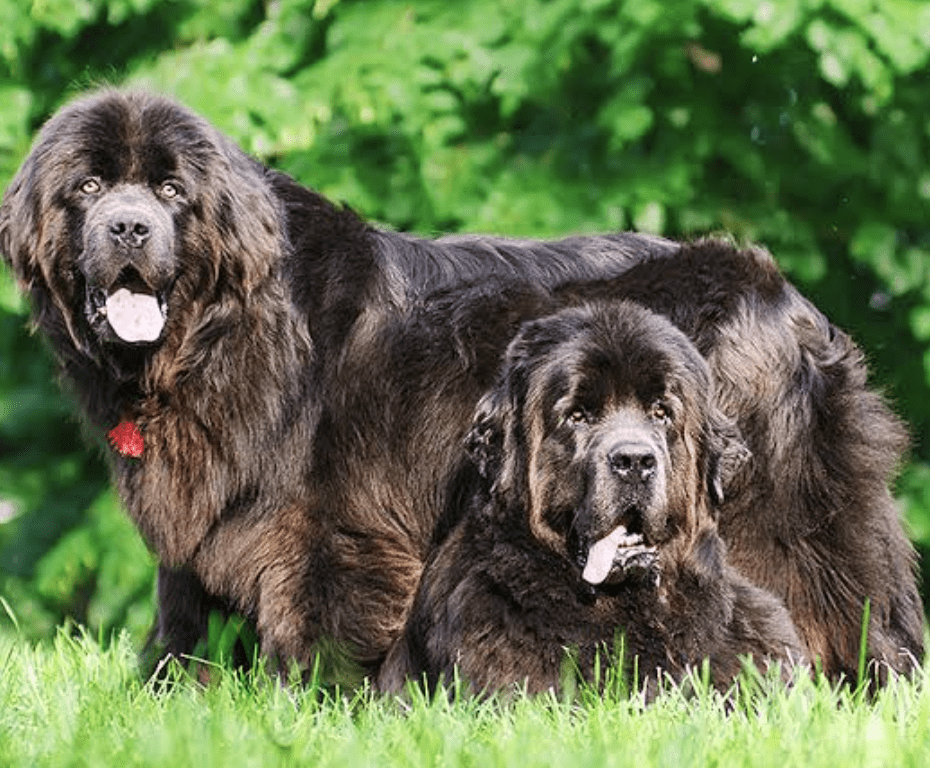
Newfoundland Dogs & Puppies- The Newfoundland is a large breed of working dog.
They can be black, grey, brown, or black and white.
However, in the Dominion of Newfoundland, before it became part of the confederation of Canada, only black and Landseer colored dogs were considered to be proper members of the breed.
The massive Newfoundland is a strikingly large, powerful working dog of heavy bone and dignified bearing.
The sweet-tempered Newfie is a famously good companion and has earned a reputation as a patient and watchful ‘nanny dog’ for kids.
A male Newfoundland can weigh up to 150 pounds and stand 28 inches at the shoulder; females typically go 100 to 120 pounds.
The Newf head is majestic, the expression soft and soulful.
The outer coat is flat and coarse. Colors are gray, brown, black, and a black-and-white coat named for artist Sir Edwin Landseer, who popularized the look in his paintings.
The Newfie breed standard says that a sweet temperament is the “most important single characteristic of the breed.”
The Newf’s sterling character is expressed in their affinity for kids.
Trusting and trainable, Newfs respond well to gentle guidance.
These noble giants are among the world’s biggest dogs, and acquiring a pet that could outweigh you comes with obvious challenges.
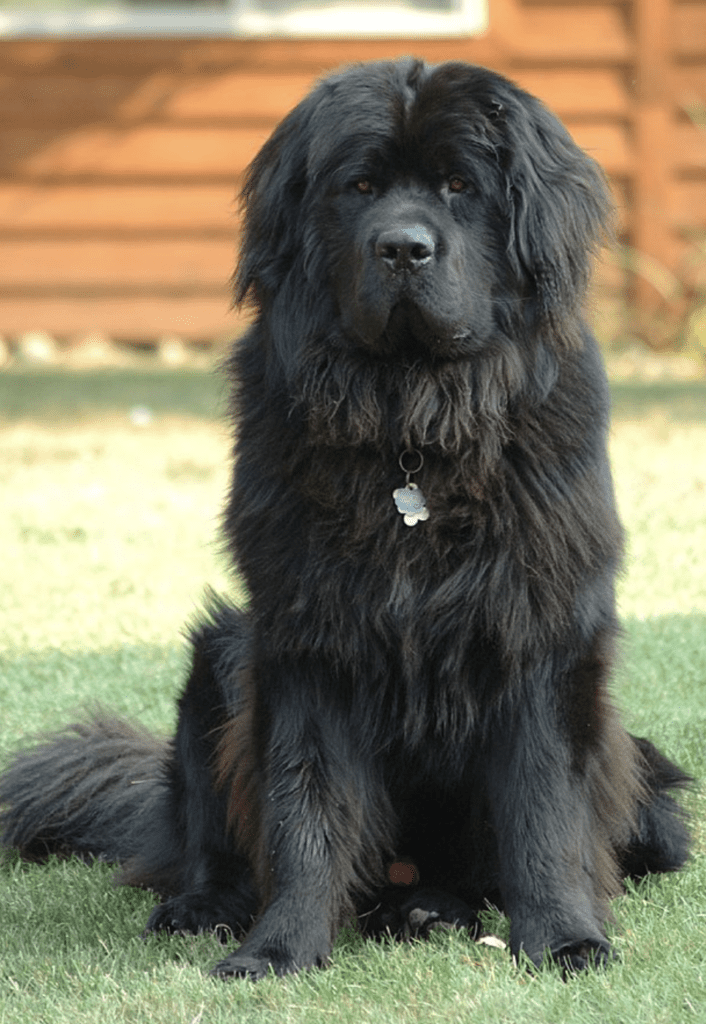
Newfoundland Dogs & Puppies
The massive Newfoundland is a strikingly large, powerful working dog of heavy bone and dignified bearing.
The sweet-tempered Newfie is a famously good companion and has earned a reputation as a patient and watchful ‘nanny dog’ for kids.
A male Newfoundland can weigh up to 150 pounds and stand 28 inches at the shoulder; females typically go 100 to 120 pounds.
The Newf head is majestic, the expression soft and soulful. The outer coat is flat and coarse.
Colors are gray, brown, black, and a black-and-white coat named for artist Sir Edwin Landseer, who popularized the look in his paintings.
The Newfie breed standard says that a sweet temperament is the “most important single characteristic of the breed.”
The Newf’s sterling character is expressed in their affinity for kids.
Trusting and trainable, Newfs respond well to gentle guidance.
These noble giants are among the world’s biggest dogs, and acquiring a pet that could outweigh you comes with obvious challenges.
Grooming
The Newfoundland’s heavy coat requires thorough brushing at least once a week.
A thorough going-over with a slicker brush and a long-toothed comb will remove dead hair and prevent mats from forming.
These will become daily sessions during shedding season, which generally occurs twice a year; however, spayed and neutered Newfs shed year-round and will probably need to be brushed out several times a week.
As with all breeds, the nails should be trimmed regularly, as overly long nails can cause discomfort and structural problems.
Newfoundland Dogs & Puppies
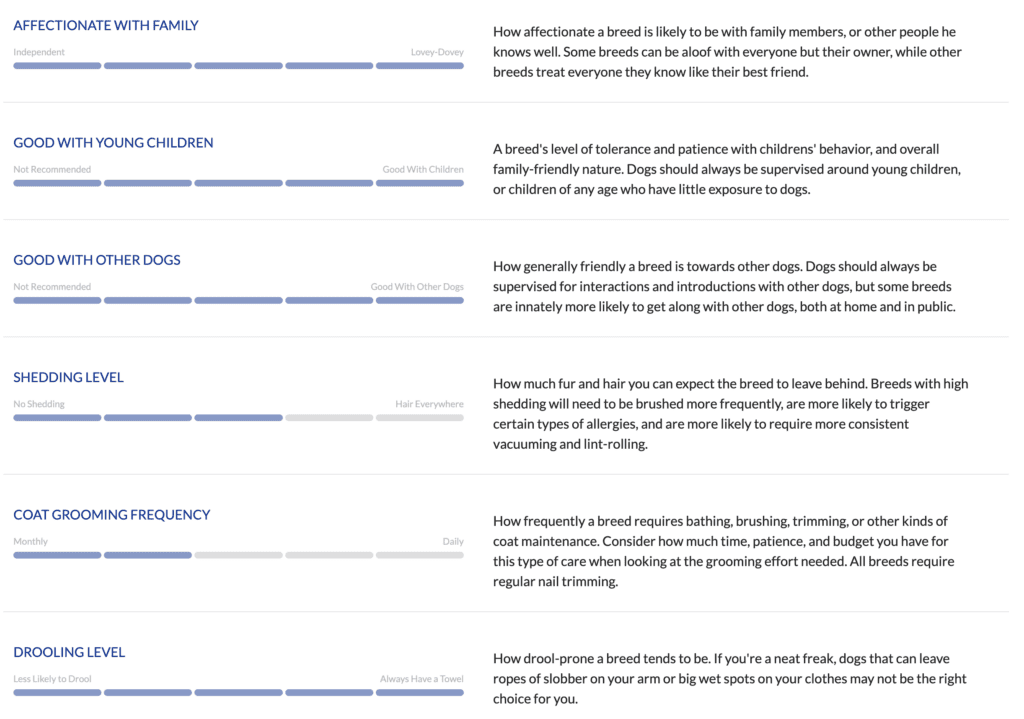
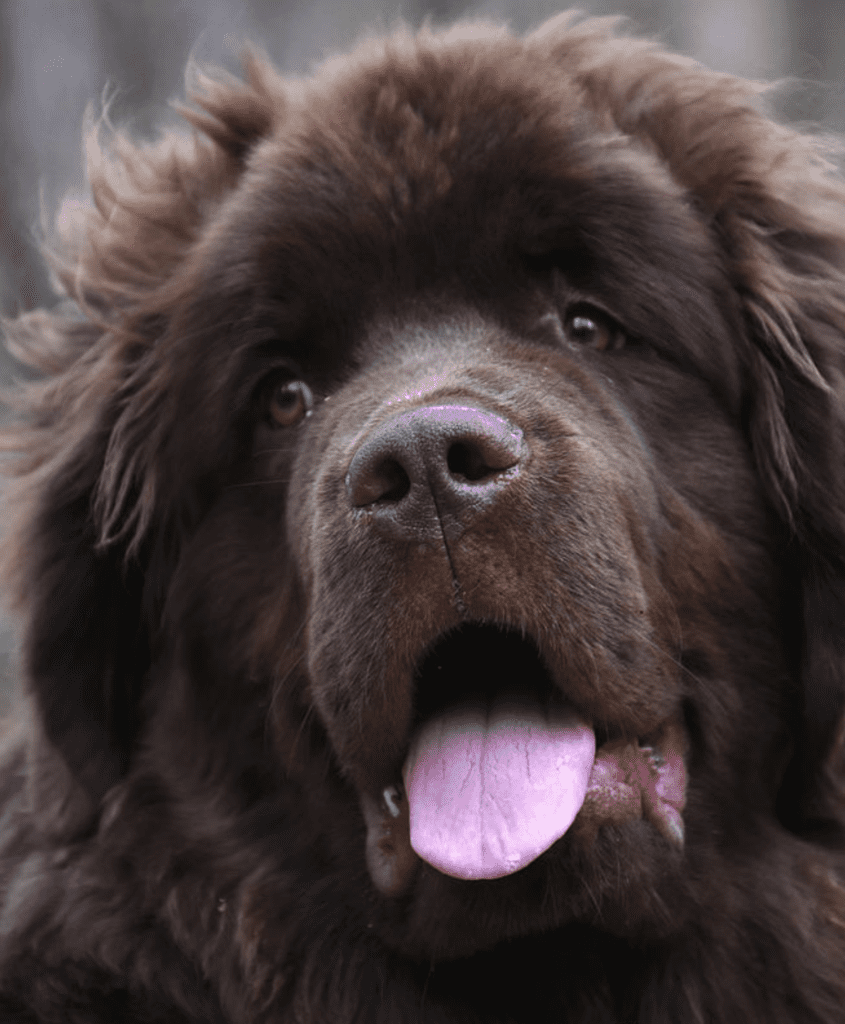
Newfoundland Dogs Puppies Exercise
The Newfoundland is a multipurpose dog, at home on land and in water.
As well as being a devoted companion, he is adept at draft work and has natural lifesaving abilities. Newfoundlands need at least a half-hour of moderate exercise daily to stay healthy and happy.
While they are definitely meant to live indoors with their human family, Newfs enjoy outdoor activities, especially swimming, and make great companions on long walks or hikes.
Newfs enjoy pulling a cart, and some even participate in carting and drafting competitions.
Other canine activities in which Newfs participate and excel include agility, dock jumping, flyball, herding, obedience, rally, and tracking.
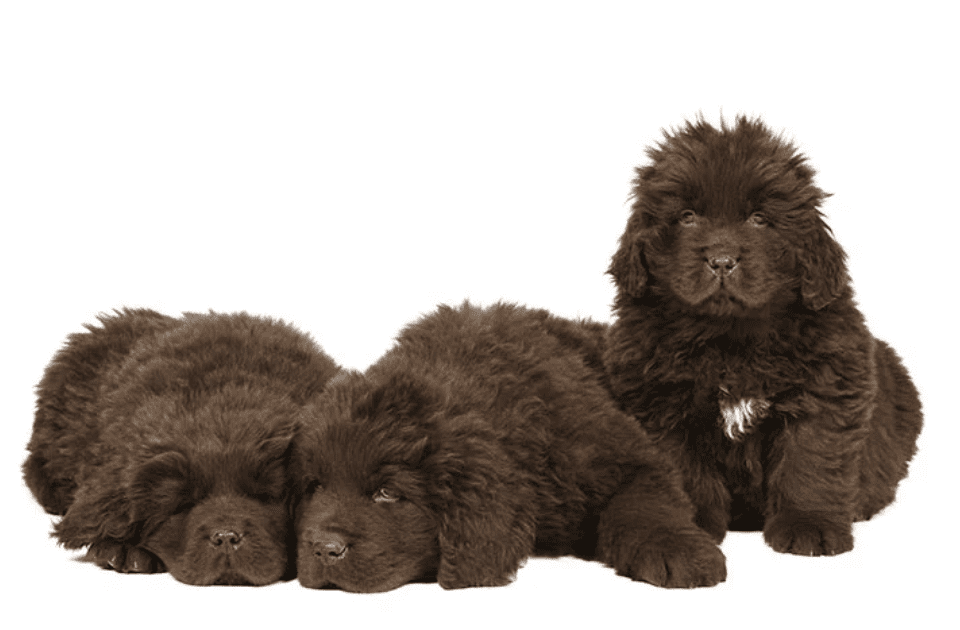
Newfoundland Dogs & Puppies Nutrition
The Newfoundland should do well on a high-quality dog food, whether commercially manufactured or home-prepared with your veterinarian’s supervision and approval.
Any diet should be appropriate to the dog’s age (puppy, adult, or senior).
Some dogs are prone to getting overweight, so watch your dog’s calorie consumption and weight level. Treats can be an important aid in training, but giving too many can cause obesity.
Learn about which human foods are safe for dogs, and which are not.
Check with your vet if you have any concerns about your dog’s weight or diet.
The breed can experience bloat, a life-threatening condition where the stomach distends and twists.
The causes of bloat aren’t fully understood, but experts agree that multiple, small meals per day and preventing vigorous exercise around mealtimes may help reduce the chances of it happening.
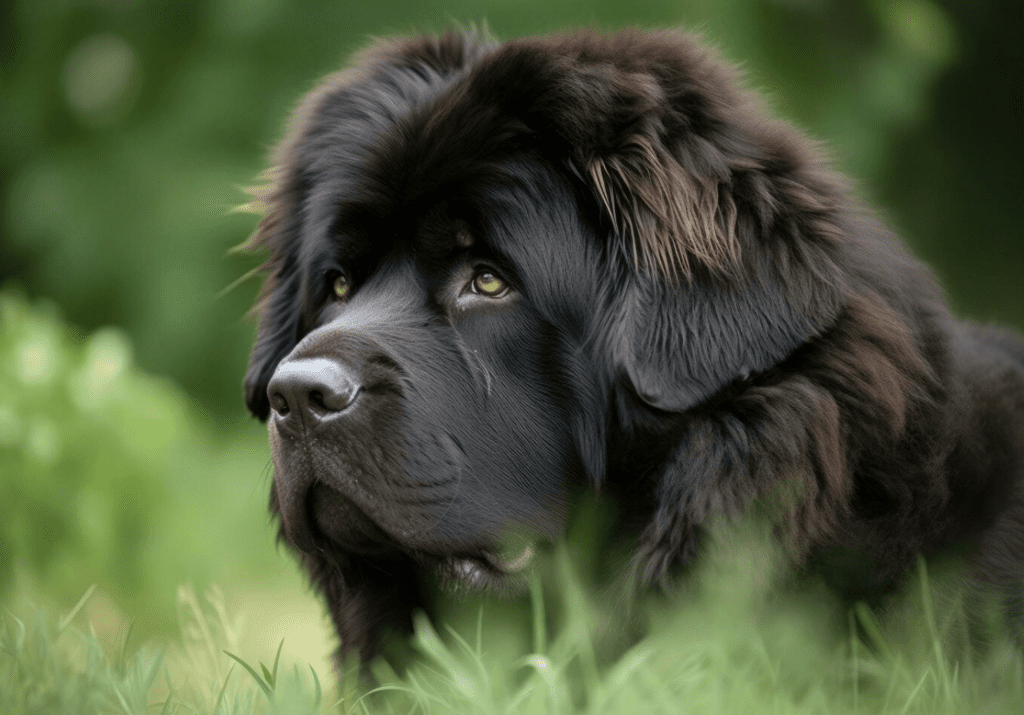
Newfoundland Dogs & Puppies Training
The Newfoundland puppy is outgoing, intelligent, curious, never timid, skittish, or aggressive.
Daily human contact is absolutely essential for any Newfie.
Early socialization and puppy training classes are recommended and help to ensure that the Newfoundland grows into a well-adjusted, well-mannered companion.
A puppy who is going to be trained for water work should be carefully introduced to water by the age of 4 months. Newfs are eager to please and generally easy to train.
They are also affectionate and trusting; they respond well to gentle guidance but don’t respond well to harsh corrections or training methods.

All About Bernese Mountain Dogs >>
Bernese Mountain Dog Parade In Breckenridge >>
Largest Bernese Mountain Dogs >>

